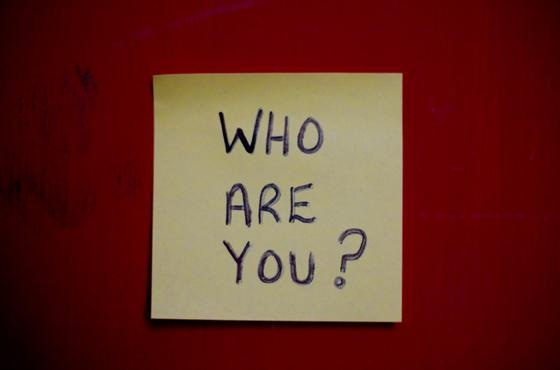Identity Theft
A clergy friend recently retired and moved to North Carolina. I asked how it was going. He didn’t miss the night meetings, he said, and he was playing more tennis. But—he missed Sunday mornings. For thirty-five years he’d led people in prayer and worship, and listened at the door to a hundred little personal stories. People trusted him with their lives. Now, who was he?
Reminded me of another story.
The top-flight surgeon, always in heavy demand, allowed himself to let down one day in a chance, hospital corridor meeting with his minister. He talked of the pressures in his life, the professional burdens he carried, and the family strains he lived with. After a time his pastor put to him a frank question. “Doctor,” he said, “who are you when you’re not an MD?”
Stunned, but only for a moment, the surgeon replied, “By God, I’m always an MD!”
“Yes,” the minister responded, “and that’s just the problem.”
Almost universally, we over-identify with our jobs or professions. Who are you when you’re not a lawyer, a teacher, a broker, a saleswoman? The question sounds absurd. We’ve given our lives to this job! We live at work, and even when we go home we’re not really there; we’re still living in work-world. Everything depends upon our being a “success.”
But we could also ask, “Who are you when you’re not a father or mother?” It’s easy to take one aspect of yourself—parenthood—and make it somehow a self-defining profession. It’s how we got “helicopter parents.” Then inevitably the day comes when all your children leave home. Now what?
We all cultivate a false, external self. It’s the person defined by how we look, our job, party affiliations, children’s achievements, zip codes, all the external things that people see and judge. Yet deep down in every one of us—sometimes buried so deep we don’t even know it—is our true self. That is the person who simply is, the self that God created perfect as-is. Your true self cannot be defined by anything you do, anything you accomplish. Yet we spend most of our time trying to become somebody else. We’re taught not to trust the true self—it’s not ‘good enough’—so we spend most of a lifetime creating another, false persona. After a while we actually forget about that other self.
Until we read, say, a blog and run smack into the question: Who are you when you’re not a ___________?
.

Very thought provoking.
Yes. Thank you, David.
I had a spiritual director who would begin each session inviting me to simply sit in silence, for as long as I needed, before beginning (or rather, continuing) my session with her. She said this quiet time was a time in which I could “shed roles,” to be more in touch with myself, my “self.”
Your post reminds me of a poem I know you know — (I may have learned about it from you):
The time will come
when, with elation,
you will greet yourself arriving
at your own door, in your own mirror,
and each will smile at the other’s welcome
and say, sit here. Eat.
You will love again the stranger who was your self.
Give wine. Give bread. Give back your heart
to itself, to the stranger who has loved you
all your life, whom you have ignored
for another, who knows you by heart.
Take down the love letters from the bookshelf,
the photographs, the desperate notes,
peel your own image from the mirror.
Sit. Feast on your life.
Derek Walcott, Collected Poems 1948-1984, New York, Farrar Straus Giroux, 1986.
Yes. I remember first reading that poem in one of Parker Palmer’s books. Thanks.
As for me, when I am not a wife, or Nurse, I am a great Aunt to four wonderful little folks, a teacher’s helper in a 7th grade pre-confirmation class, a Chalice Bearer, a Bible Challenge Reader, and a great reader of wonderful books. Love all of this
Ginny